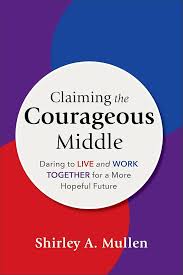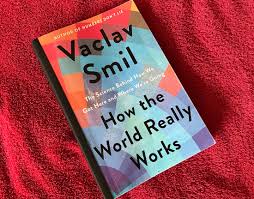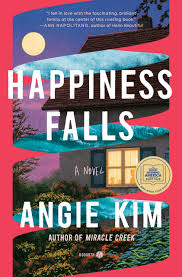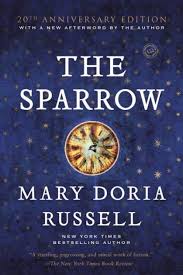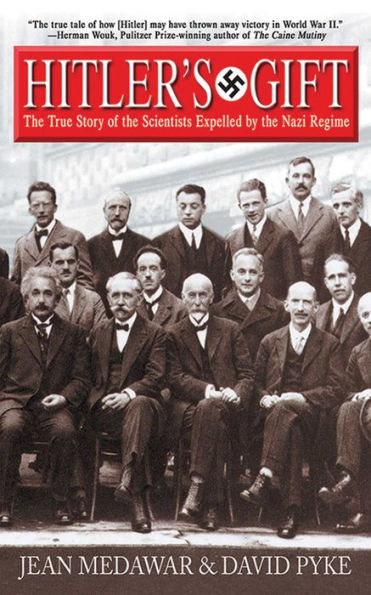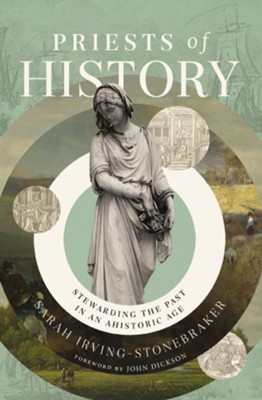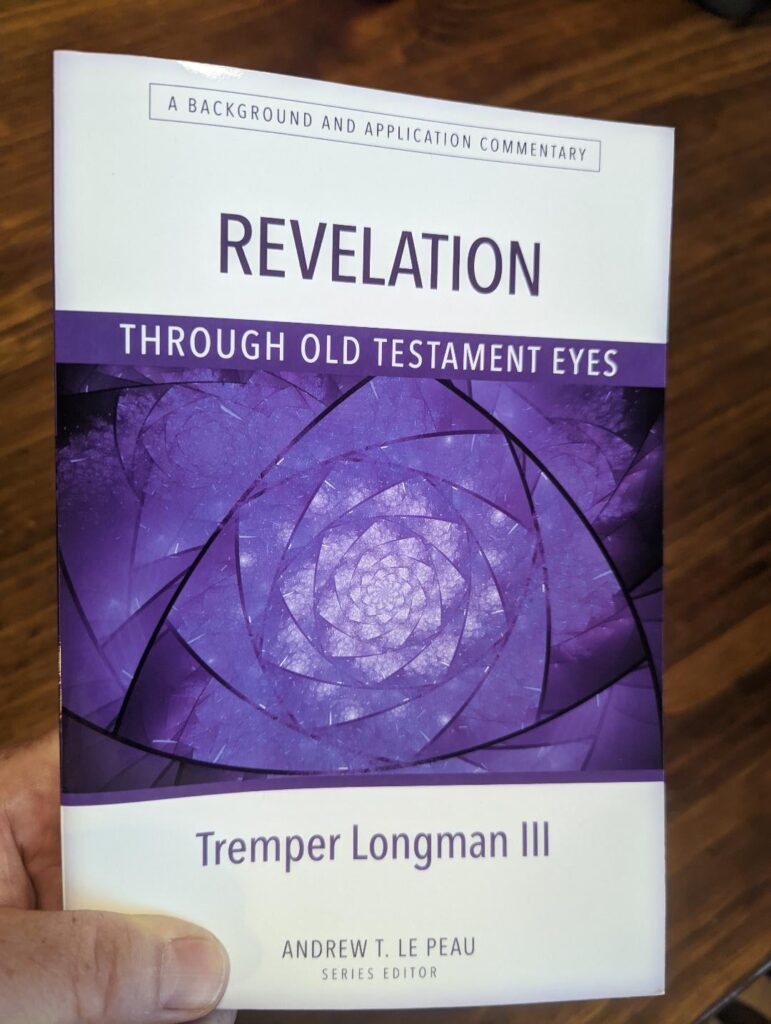People in the Chicago area where I live are amazed that the new pope, Leo XIV, grew up right here. Not only is he the first American pope—even better, he is a White Sox fan!
Yet a friend had quite a different reaction. He asked me, “Why are Protestants often enamored with the pope, sometimes it seems even more so than with the Reformers?” What about the scandals of recent history, he wondered, not to mention the power-hungry, money-hungry corruption of the Middle Ages? Shouldn’t we think again about all this?

I appreciated his appeal to history. Too often we form opinions with complete disregard for how we as individuals and as a society have been profoundly shaped by the centuries. Yet I think there are good reasons for Protestants to not have such a negative view toward Catholicism. (Full disclosure: Though Presbyterian, I grew up Catholic and still have many Catholics in my family.)
First, in keeping with my friend’s concern for history and culture, Catholicism in America is a very different animal than in the rest of the world. My friend grew up in Protestant Europe where there has been religious persecution over the centuries. Sadly the violence has gone both ways. You also don’t have to go back too far in Latin American history to find instances of persecution of Protestants by Catholics. The recent troubles in Ireland have been more political and social than religious.
In the U. S., however, Catholicism has always been a minority. It never had the opportunity to dominate other religions as it did elsewhere. If there has been persecution and violence, it has gone the other way.
Also Catholicism has tended to accommodate itself to the largely Protestant culture of the U.S. One example: While Protestant and Catholic church buildings were very different from each other a century ago (both inside and out), today you can hardly tell the difference architecturally between new structures.
Even theologically, American Catholicism has over the decades reduced its emphasis on venerating Mary and the saints, softening the hard edges of differences with Protestants. Since the middle of the twentieth century especially, Catholicism also deliberately sought to make itself acceptable to the social and political American mainstream.
By this I do not mean to paper over differences that still exist regarding doctrine and ecclesiology. I’ve also written here about other hidden but important differences which often separate Catholics and Protestants. I am merely suggesting we aim for perspective and balance.
Second, when it comes to recent scandals, sadly Protestants and Catholics both share guilt. News of Southern Baptist sexual abuse and its coverup may be the most recent and widespread example within Protestantism, but it is not the only one. We have all failed to live up to our own standards and those of Scripture. We both need to confess and to reform dramatically.
Third, when considering the forces arrayed in the world against the moral and spiritual ethos of Scripture, Catholicism is just not very high on the list, if on the list at all. Materialism, consumerism, nationalism, racism, changes in attitudes toward sexuality—these have had a dramatic effect on Christians and the church.
In this regard, the Catholic Church is an ally or at least a cobelligerent. We should likewise welcome atheists or Hindus, politicians or corporate leaders who advocate as Jesus and the prophets did for the value of each human life, for the poor, for the politically oppressed, for peace and justice, and for the value and significance of spiritual realities in our world.
Differences between Catholics and Protestants? A difficult past? Much to forgive? Certainly. But we also have much in common to build on.
—
Photo Credit: Pope Lei XIV, Vatican News





